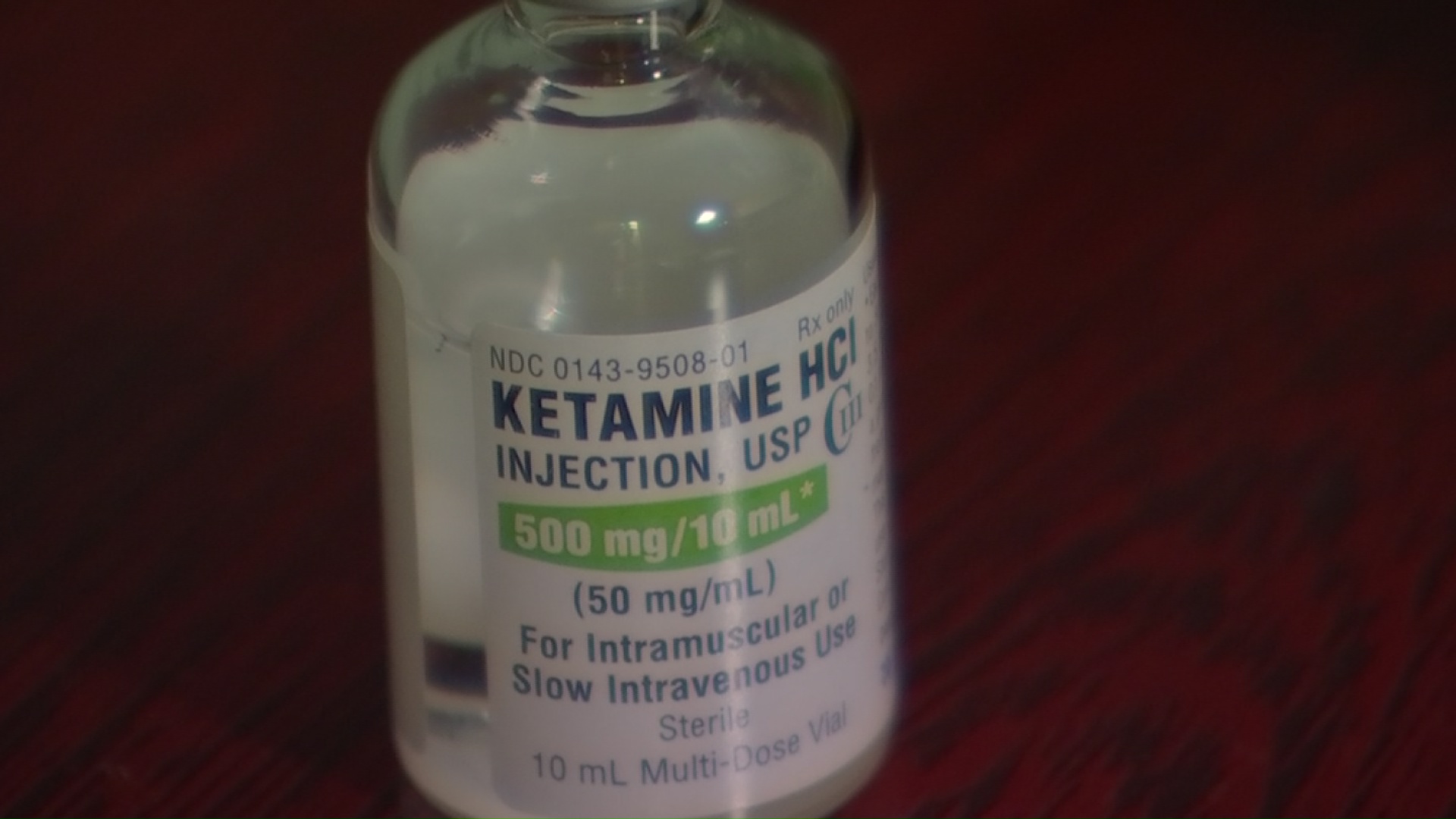It works like a radar gun, but instead of detecting speed, it can detect powerful drugs without ever getting near them.
It’s one of several devices more law enforcement agencies can start using, thanks to a new and free program Florida International University launched to get first responders trained.
You aim, push a button, and within seconds, the Pendar X10 displays what’s in a certain substance.
It’s a new and valuable tool for officers and deputies in the field, especially when it comes to testing potent substances like fentanyl.
Get South Florida local news, weather forecasts and entertainment stories to your inbox. Sign up for NBC South Florida newsletters.
“That is one of the hottest things on the street right now,” said Kirk Grates, a forensic chemistry project manager with FIU.
He invited NBC6 to the university’s Global Forensic and Justice Center in Largo, Florida for an exclusive look at the Pendar X10 and other field drug tests.
RELATED STORIES
This FIU lab can test actual narcotics, so we suited up with gloves and goggles and went to work testing, starting with a vial of acetyl fentanyl.
“Aim into the white crystal material and pull the trigger all the way through,” Grates instructed.
As the laser blinked, we waited, and a few seconds later, the results were displayed on the screen as acetyl fentanyl, fentanyl and one other chemical compound.
This device has the capability of identifying up to 7,400 chemical compounds, including illegal street drugs, explosives, and even chemical warfare agents.
But we wanted to test it in a more realistic scenario, so we went to FIU’s training facility equipped with fake drug houses and vehicles filled with visible white substances resembling drugs.
Standing a few feet away, we pointed the laser at a baggie we placed on the passenger side seat containing real meth.
Within seconds, the Pendar X10 detected methamphetamine.
According to the Centers for Disease Control and Prevention, 150 people die every day from overdoses related to synthetic opioids like fentanyl.
It’s why law enforcement agencies continue to look for innovative ways to combat this epidemic.
Because the Pendar X10 is one of the most cutting-edge pieces of technology out there, as more law enforcement agencies learn about it, they’re reaching out to FIU’s Global Forensic and Justice Center to receive the training necessary to implement it with their agencies.
One of those agencies is the Hillsborough County Sheriff’s Office, they partnered with FIU for a pilot program funded by the Bureau of Justice Assistance, that enables its deputies to undergo a free online and hands-on training.
“Partnerships like this like we have with FIU are really advantageous to the sheriff’s office because it gives us better safer ways to test drugs and to help the deputies and the community to stay safe together,” said Capt. Chad Cave of the Hillsborough County Sheriff’s Office.
Grates said it would cost a law enforcement agency about $90,000 for the technology but under the FIU’s pilot program, they’d receive the Pendar X10 for free for six months.
“They can actually analyze the sample find out what's in it, what cutting agents are being used and then if there's a death maybe locally, they can tie in maybe hey this is the same drugs, or cutting agents that were found next to the person or a different crime scene,” said Grates.
Already, Grates said three more agencies have reached out wanting to participate in the pilot program.
While the Pendar x10 is not the only device used to test drugs in the field, it’s one of the most advanced and more importantly, it’s more accurate.
The fight against deadly street drugs is showing no signs of slowing down so neither can law enforcement.
This is yet another tool for their ever-growing tool kit with an added benefit of eventually leading to more convictions of drug dealers, especially if it’s their drugs that are behind overdoses.



